Description
ABSTRACT
Rethinking Non-Patentable Inventions under Nigerian Law: The Economic Development Approach
Gwom S. Gwom*
The concept of innovation is as old as human civilisation. It is natural and borne out of man’s desperate need to improve his living standards and to conquer his environment. In contemporary times, rights granted to patent holders are justified based on the philosophy that inventors own property rights in their inventions. As a result, patented inventions are known to catalyse progress in the economy of a country and eventually improve the general living standards of its citizens. The Nigerian Patents and Designs Act provides for patentable and non-patentable inventions. The article discusses the place of non-patentable and patentable inventions in the Act. It mainly inquires into the suitability or otherwise of nonpatentable and patentable inventions in the Nigerian patent system and how they can adequately be harnessed to catalyse economic development. The article finds that there are still lingering questions with respect to the criteria for granting patentable rights which require answers that can be beneficial for national and economic development. It further recommends, among other things, that legislative changes are necessary in order to accommodate more inventions that are important to the health of the nation’s economy.
Keywords: Innovation, Patent, Patentable, Non-Patentable, Economic Development.
INTRODUCTION
The patent system has become a means to encourage disclosure of inventions in order to facilitate further research, and to ensure that new knowledge is made available for economic development.1 Under Article 27 (2) of the Agreement on Trade-Related Aspects of Intellectual Property Rights 1994,2 discretionary powers have been given to the World Trade Organisation member countries to exclude certain inventions from the purview of patentability on the ground of morality or ordre public.3 It says members may exclude from patentability, inventions the prevention within their territory of the commercial exploitation of which is necessary to protect ordre public or morality, including to protect human, animal or plant life or health or to avoid serious prejudice to the environment, provided that such exclusion is not made merely because their law prohibits the exploitation.4 Other subject matter are also excluded from patentability.
* LLM, PhD. Lecturer, Department of Public and International Law, University of Abuja, Nigeria. Visiting Scholar, Duke University. Durham, North Carolina, USA. gw*********@***il.com. The author wishes to thank Professor KM Waziri of the Faculty of Law, University of Abuja and Professor JH Reichmann of Duke University, School of Law, North Carolina, USA for their contributions and impactful knowledge
- Heidi L Williams, ‘How Do Patents Affect Research Investments?’ (2017) 9 Annual Review of Economics 441 accessed 2 July 2019.
- (TRIPS Agreement) 15 April 1994, Marrakesh Agreement Establishing the World Trade Organization, Annex 1C, 1869 UNTS 299, 33 ILM 1197 (1994).
- A Nirmal Singh Heera and N Prabhavathi, ‘Non Patentability Inventions under the Patent Act 1970: An Analysis’ (2016) 6 International Journal of Scientific and Research Publications 124.
- ibid 125. TRIPS Agreement, art 27 also states, “Members may also exclude from patentability (a) Diagnostic, therapeutic and surgical methods for the treatment of humans or animals; (b) Plants and animals other than micro-organisms, and essentially biological processes for the production of plants or animals other than non-biological and microbiological processes. However, Members shall provide for the protection of plant varieties either by patents or by an effective sui generis system or by any
combination thereof”

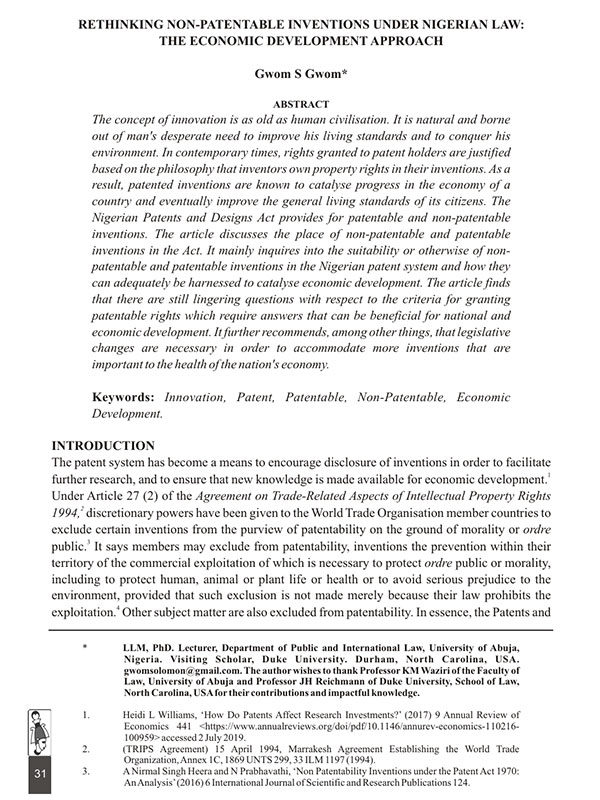
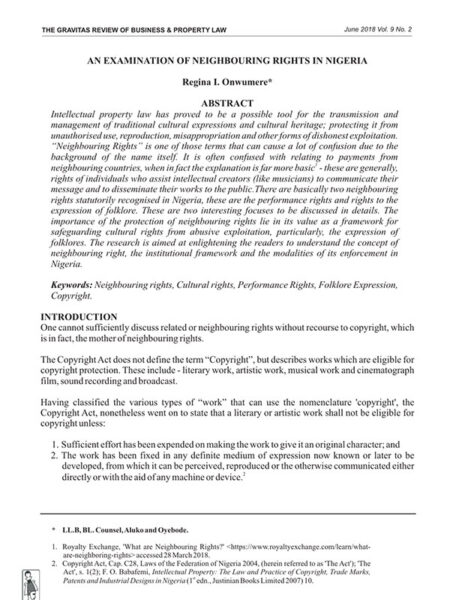
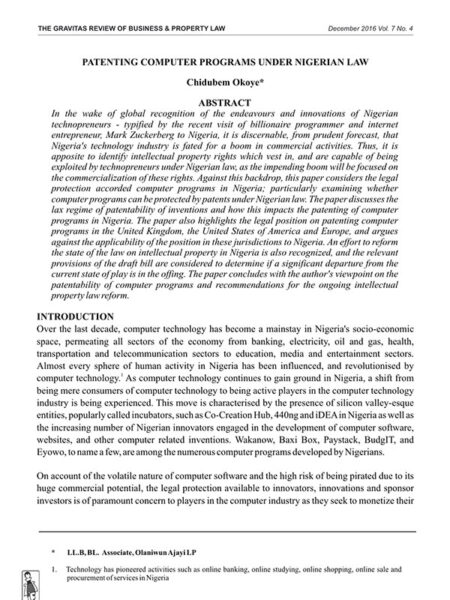
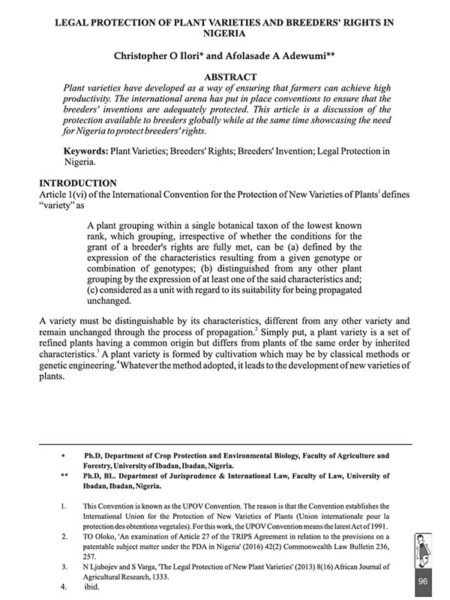
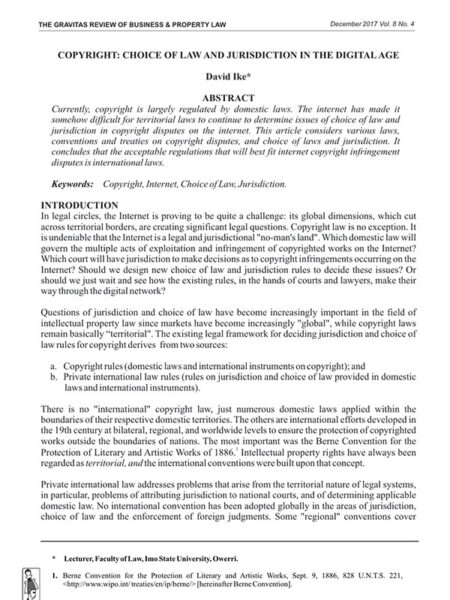


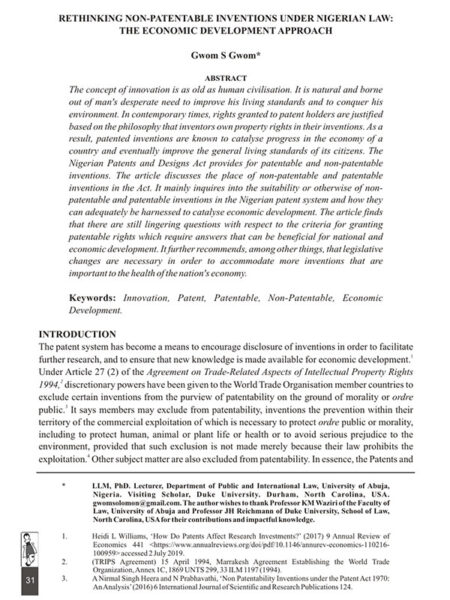
Reviews
There are no reviews yet.